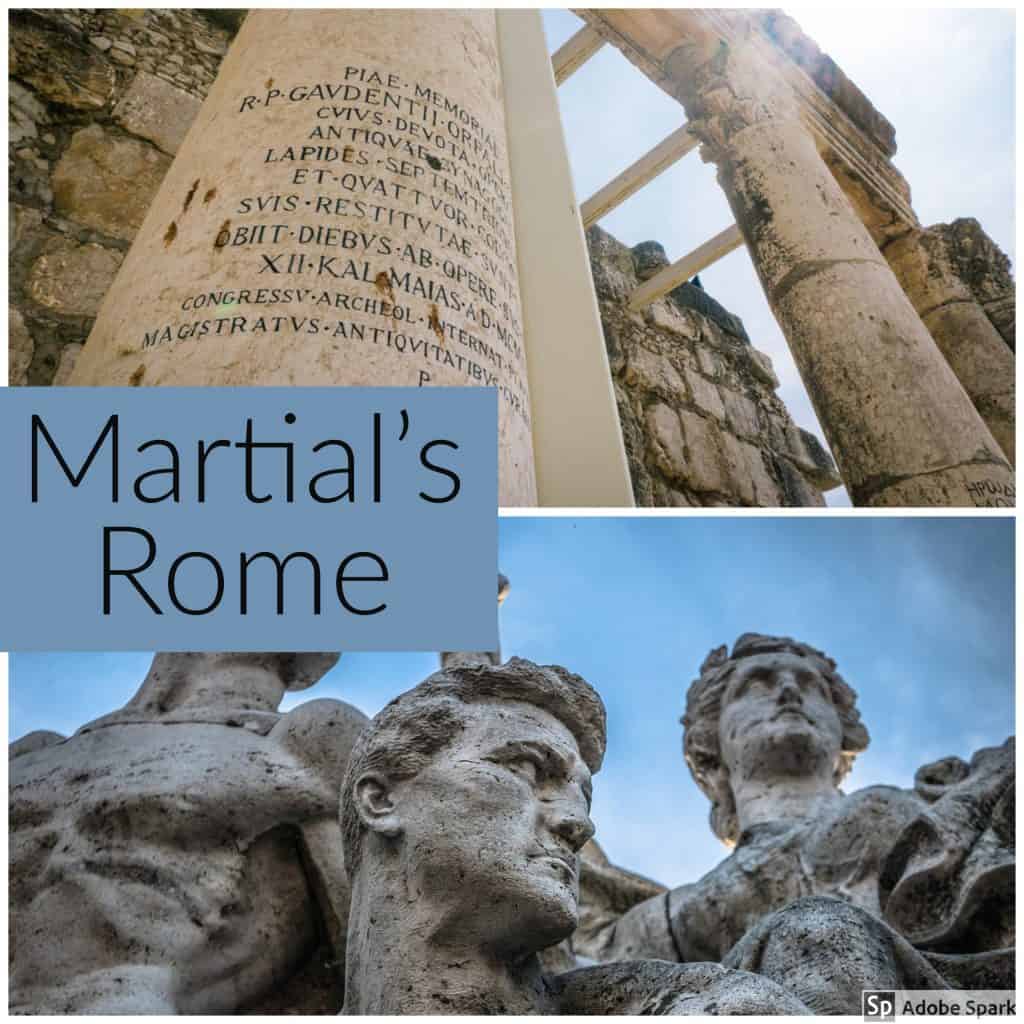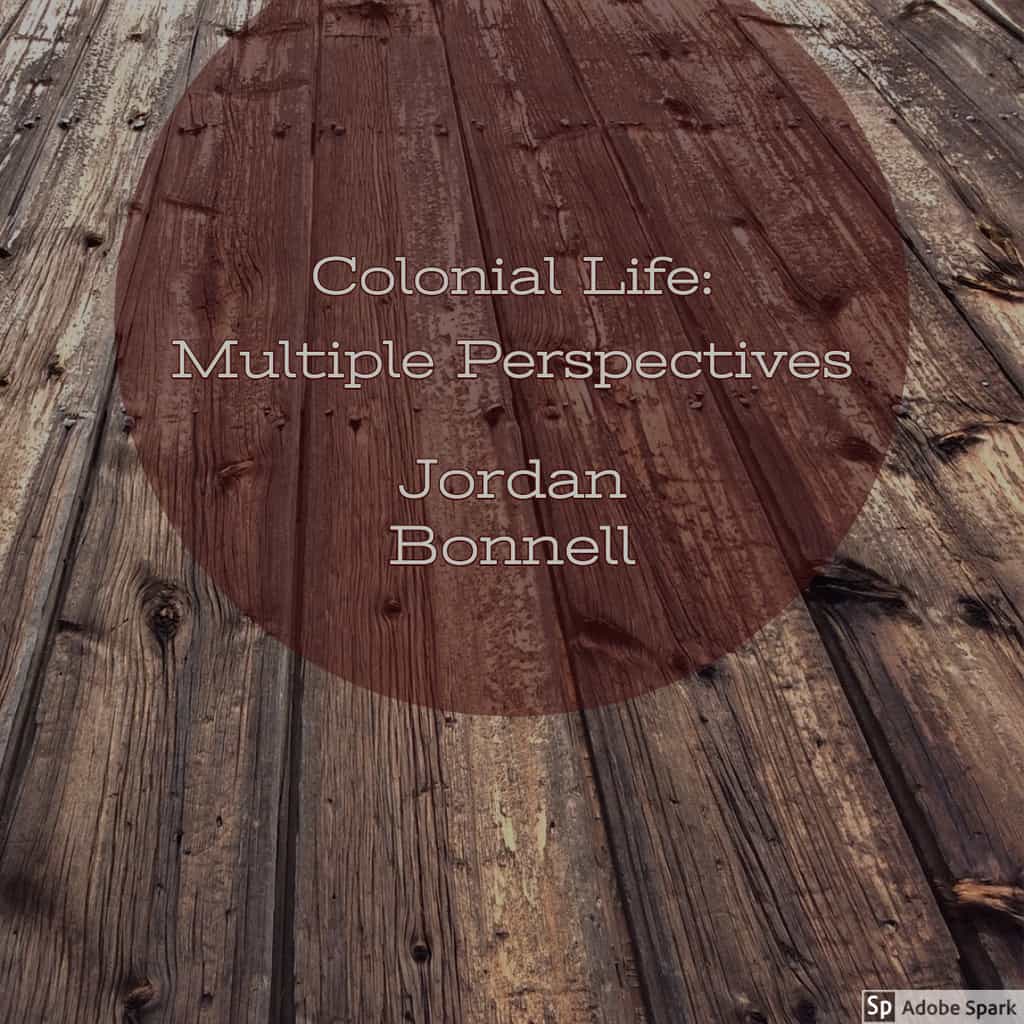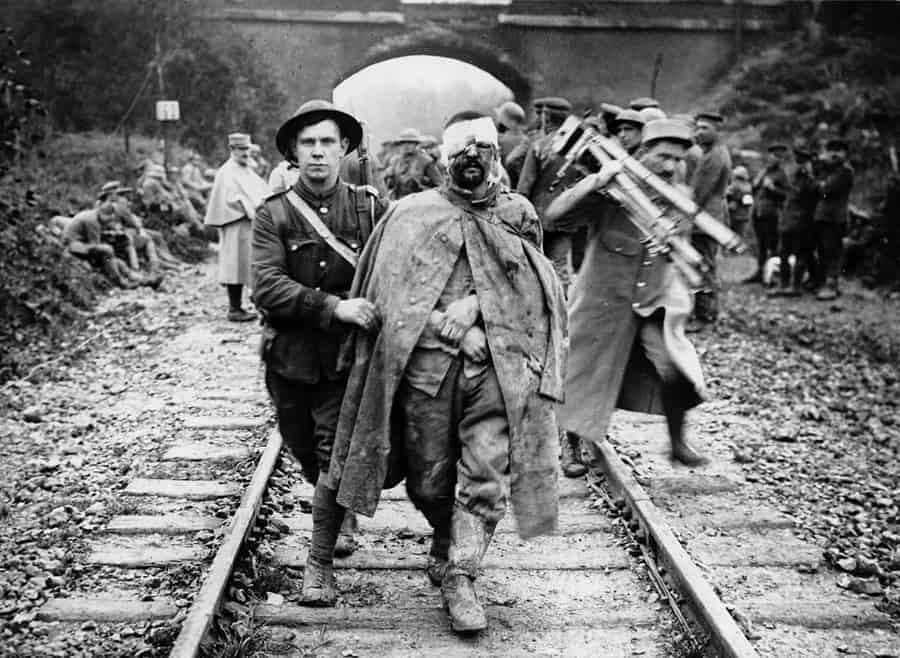
Life and thought in Imperial Rome:
10th Grade Social Studies
Essential Question:
Did classical Romans approach life and thought in a different or similar manner to our contemporary culture?
Past Knowledge:
Students have been studying the geography and general historical sweep of Rome from the Republic to the Empire. A broad knowledge of daily life, social classes, and material culture shall also be included within this survey.
Process:
Class will begin with a series of bad jokes. This shall set the stage to talk about context, and how humor can be utilized to pull back the curtain on thought within an age. Student shall be asked to give a one sentence description of what they think when they think of classical Rome. Following this, we shall go over a brief power point this shall be a survey to introduce the material, and build further context for learners. Following this, students shall be placed in groups of two. Each group shall be given a different set of primary sources and be asked to analyze the documents focusing on a certain aspect of SOAPSTone while considering guiding questions. The groups will reconvene in a circle, each group shall present their favorite epigram and report back what they learned of Roman daily life and their general conclusions. We will have each student as an exit ticket write and epigram of their own, either as an Ancient Roman, or from their own stand point.
Sources
Wealth
Slavery
Patronage




